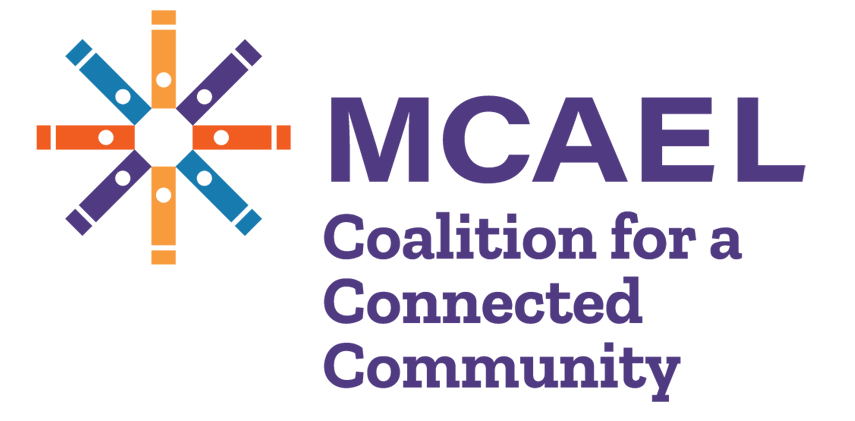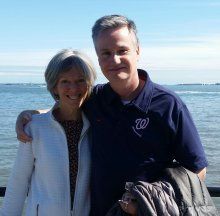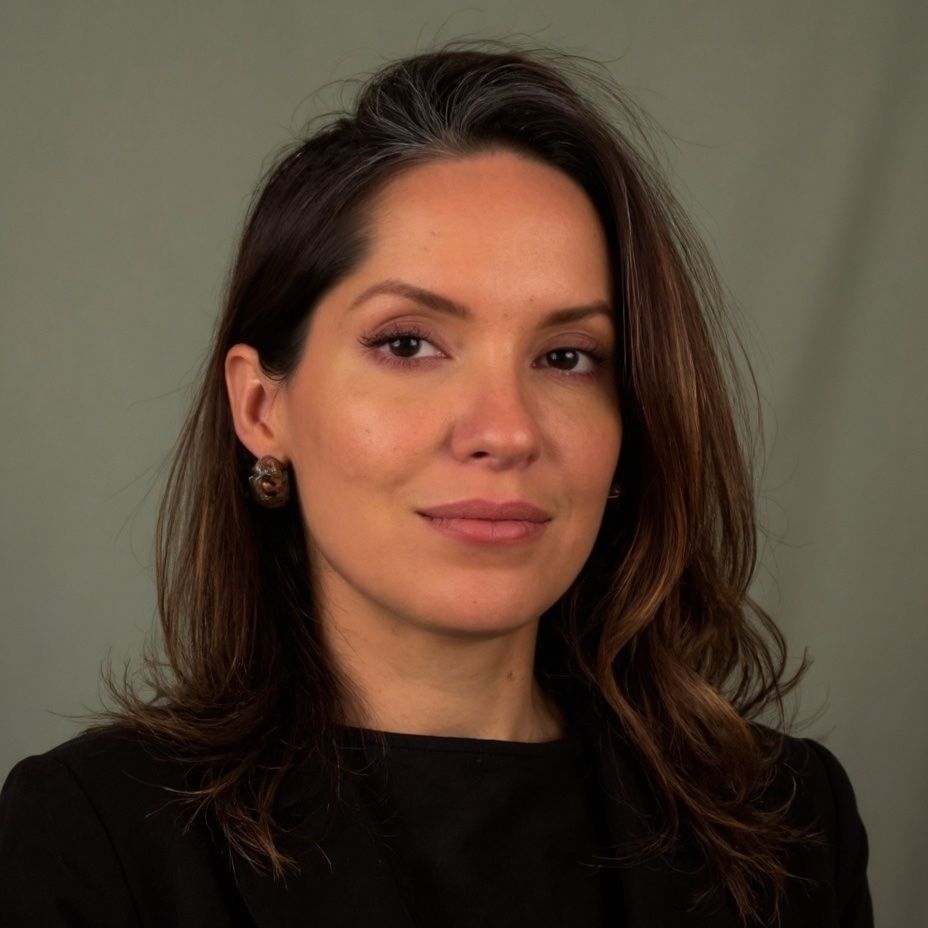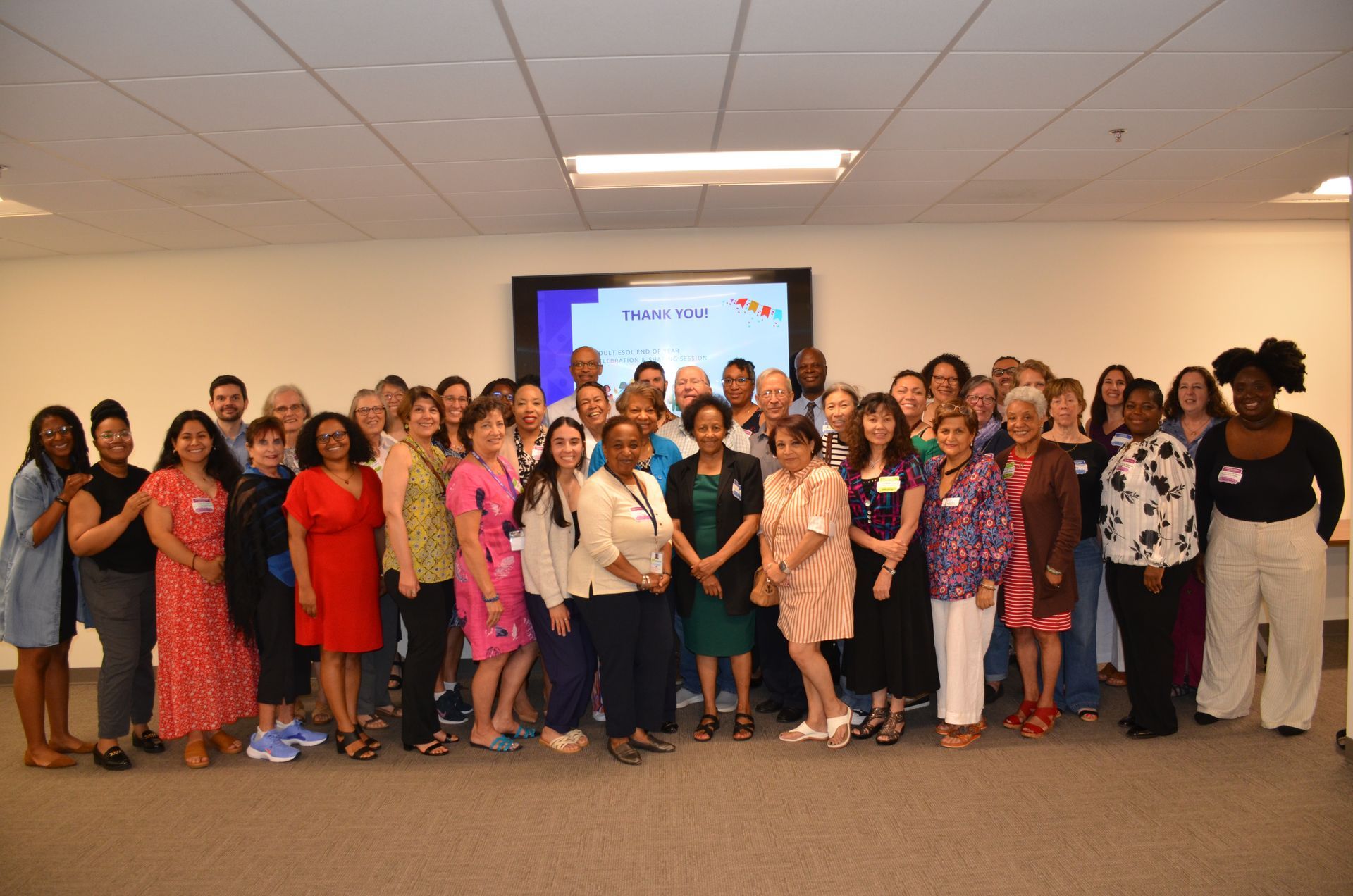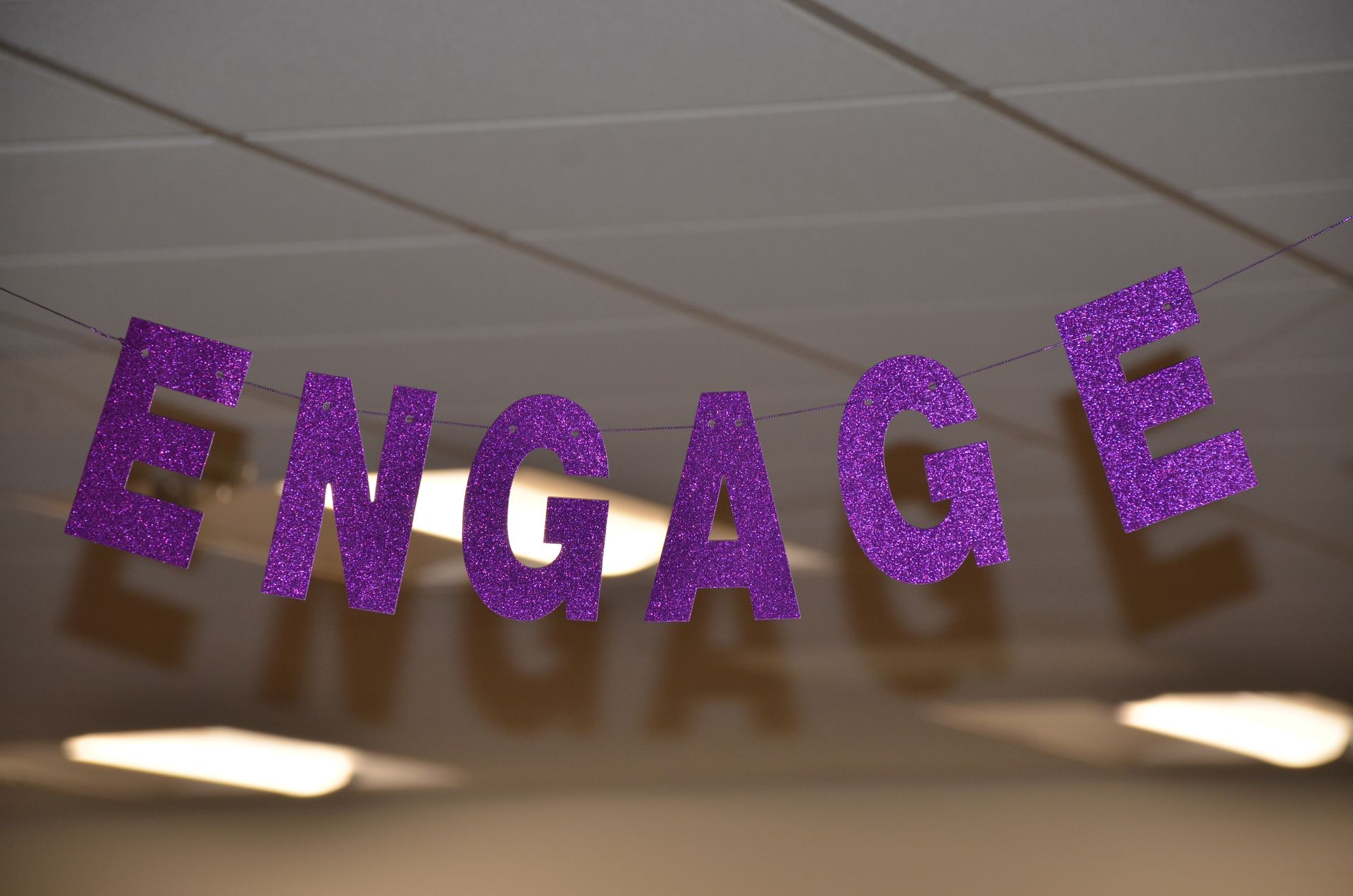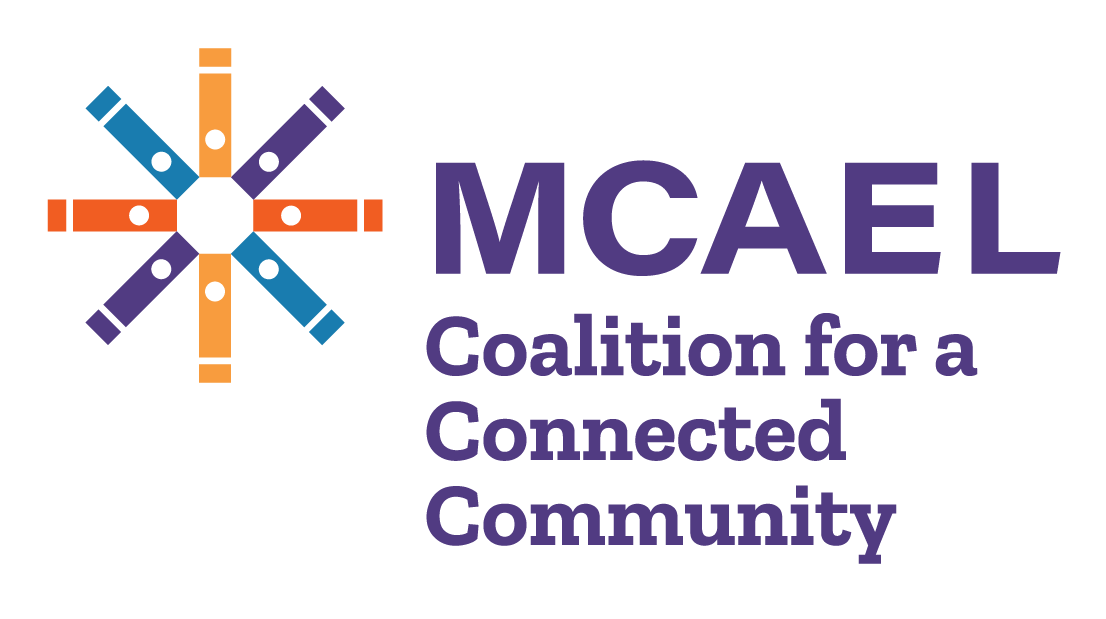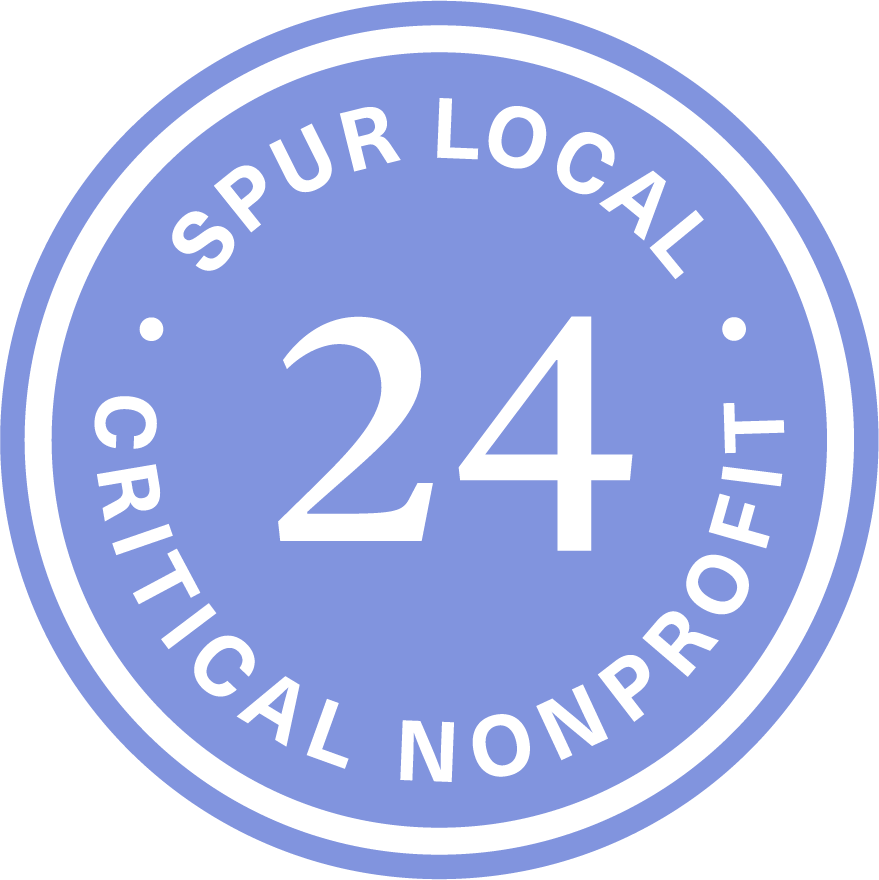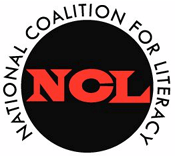Tell us a little bit about yourself and what has inspired you to be a teacher?
I am a retired middle school teacher, and my wife also has had teaching experience. What inspired us to become ESOL teachers is that we both love helping people, especially people who are facing challenges, so the prospect of teaching ESOL was very attractive to us. My wife and I are also learning Spanish, daily using Duolingo. This has helped us understand the challenges our students face in trying to learn English.
What are the biggest challenges you face as an ESOL teacher?
Having primarily been a middle school math teacher, one of the challenges I face is how to teach English effectively, and to adults. In the beginning, I felt like a first-year teacher, trying different ways of teaching English, and also trying to make if fun and interesting. Now, after 4 years of experience, I feel like I am getting better at creating lessons that will help the students learn English better. An ongoing challenge I face is trying to create a class where students feel free to participate and are not afraid to make mistakes.
What has teaching remotely during a global pandemic taught you?
A few months ago, I hadn’t even heard of Zoom. Now I have a pretty good handle on how to use it in order to teach remotely. Although not the same as in person instruction, I feel that our students have been able to learn a lot during the time that we have had with them while using Zoom. I have learned that there are a lot of tutorials regarding Zoom, and I am constantly trying to learn more about teaching remotely.
What advice would you give to a new ESOL teacher or volunteer?
The advice I would give is to just jump right in and get involved. The technology can be challenging, but there are plenty of ways you can get help or ideas. (MCAEL ; youTube videos; etc.) Also, know that anything that you teach your students is a “plus”, and is going to help them learn English better. And perhaps most importantly, know that your relationship with them is priceless.
What has been your favorite pastimes during COVID-19?
Although I have enjoyed the “slower and more peaceful pace” that COVID-19 has caused on my life, I have missed relating in person to my children and grandchildren, my neighbors, and my friends from church. However, frequent zoom meetings have helped me to stay connected with these people. I really enjoyed our vacation time in August, kayaking with my wife, and spending “in person time” with my children and grandchildren as some of the restrictions have eased.
What do you find most rewarding about your work?
I think that the most rewarding part about my work is the knowledge that what I (we) do is impacting a person’s life. I really value the relationships that we have made during our teaching of ESOL. I feel like we are entering the lives of our students, and that they know we really care about them as people, not just as students.
What is something that you learned about your students during this remote teaching period?
One thing I have learned while teaching during this period is that my students have faced, and are currently facing, some real challenges. Things such as the health of relatives, finding work, and caring for young children, to name just a few. Our team has tried to be supportive through the building of relationships, through prayer, and certainly by trying to effectively teach English.
